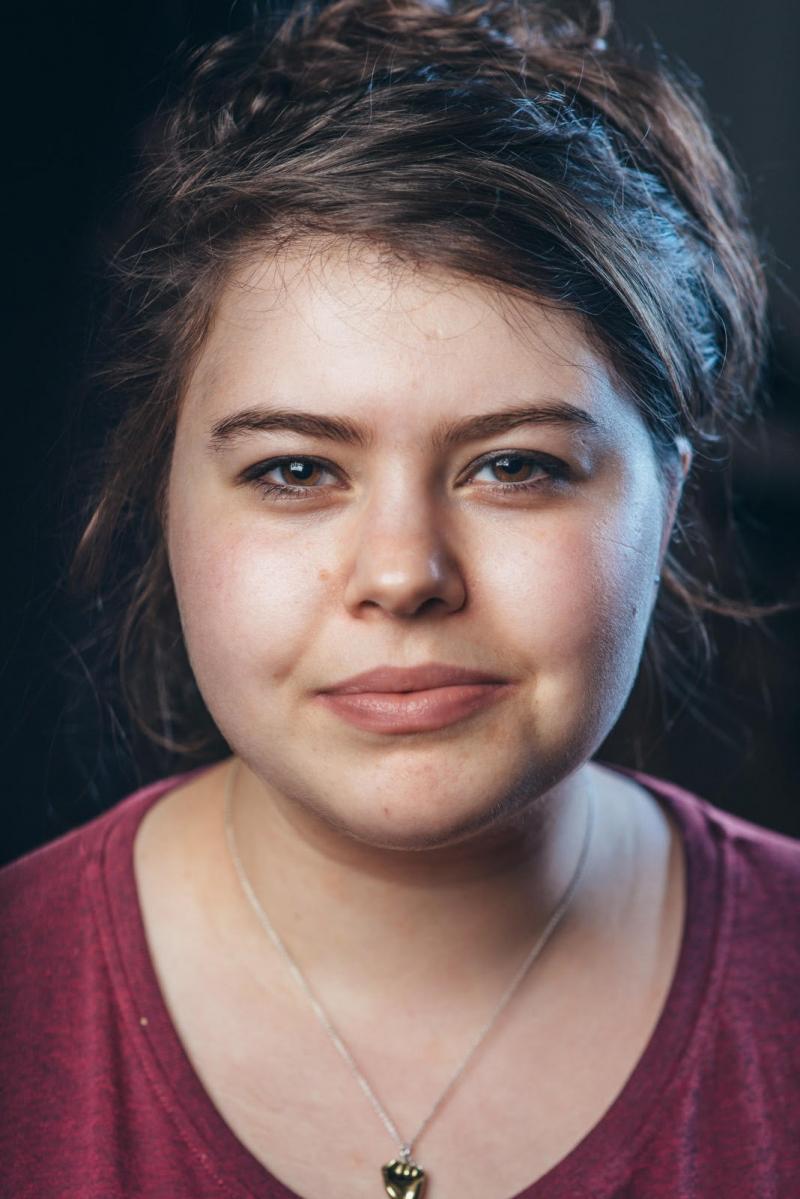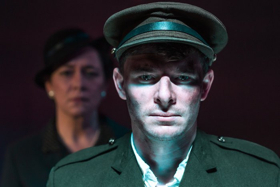Guest Blog: Director Rafaella Marcus On BURY THE DEAD

"There is no better way of forgetting something than by commemorating it." That's not from Bury the Dead, Irwin Shaw's 1936 expressionist anti-war play, but from Alan Bennett's The History Boys.
The boys in question are clustered around a First World War memorial, learning, for the first time, a narrative that implicates Britain. "So much for Our Glorious Dead," says one of them.
It's a line that has come back to me over the course of rehearsal, as we bring to life a play that will run during the centenary of the First World War.
It is difficult, a century on, not to feel that the images of that war have become familiar, pat. It's hard to feel an appropriate sense of horror or tragedy when the events of World War One are turned into Sainsbury's Christmas adverts. And we are still no good at acknowledging why it happened - and still happens.
It's one of the things that drew me to Bury the Dead: it is emphatically not a First World War play, at least not in that way. Written only a few years before the Second World War began, it imagines a war against an indeterminate enemy, a nameless Them, characterised only as a threat to the American (and, implicitly, Christian) way of life.
The language that Shaw - himself Jewish - puts into the mouths of men seeking scapegoats to encourage ever greater feelings of nationalism, to keep the war effort going, is startlingly familiar: dogwhistle xenophobia, tactical scaremongering. It's never gone away.
The inciting incident of the play is a moment of supernatural horror: six dead men, freshly killed in battle, stand up in their graves and refuse to lie back down again to be buried. They won't be moved by the orders of generals or the prayers of priests or the reasoning of their captain. They become the spanner in the works that threatens to send the whole machine juddering to pieces.

What emerges is an excoriating sense of the way in which class determines who ends up in the grave and who ends up miles behind the front line in safety. It asks us to confront something so bleak, so bitter, that it threatens to bring the whole system crashing down: that these deaths are pointless.
These six soldiers - and countless others - died for nothing. Life is precious, and the removal of it for no good reason is the highest crime.
A large part of the play is devoted to conversations between the dead men and the living women who loved them in various ways: wives, lovers, mothers and sisters. Far from being wilting auxiliary damsels come to throw men's pain into greater relief, the women arrive with their own agendas, their own experiences - their own ways in which they too have suffered or been complicit in a system that chews up working-class men and women for the benefit of those born richer, luckier, more privileged.
As a young female, and feminist, director, the projects I pick often skew towards centring the stories of women - but masculinity is a feminist concern too, especially when it turns toxic, especially when it is used to kill. Part of the extraordinary tenderness of the play is seeing six men begin to articulate their feelings - to realise their feelings are worth articulating - only after they have died.
In Shaw's play men are trapped by class, trapped by masculinity; it is only in death that they find their voices. In the end, Bury the Dead is a passionate plea for us to resist a broken system before it is too late, not after. As Martha Webster, wife of one of the deceased, says, "There's plenty for live men to stand up for".
Bury The Dead at Finborough Theatre 30 October-24 November
Photo credit: Scott Rylander
Comments

Videos
